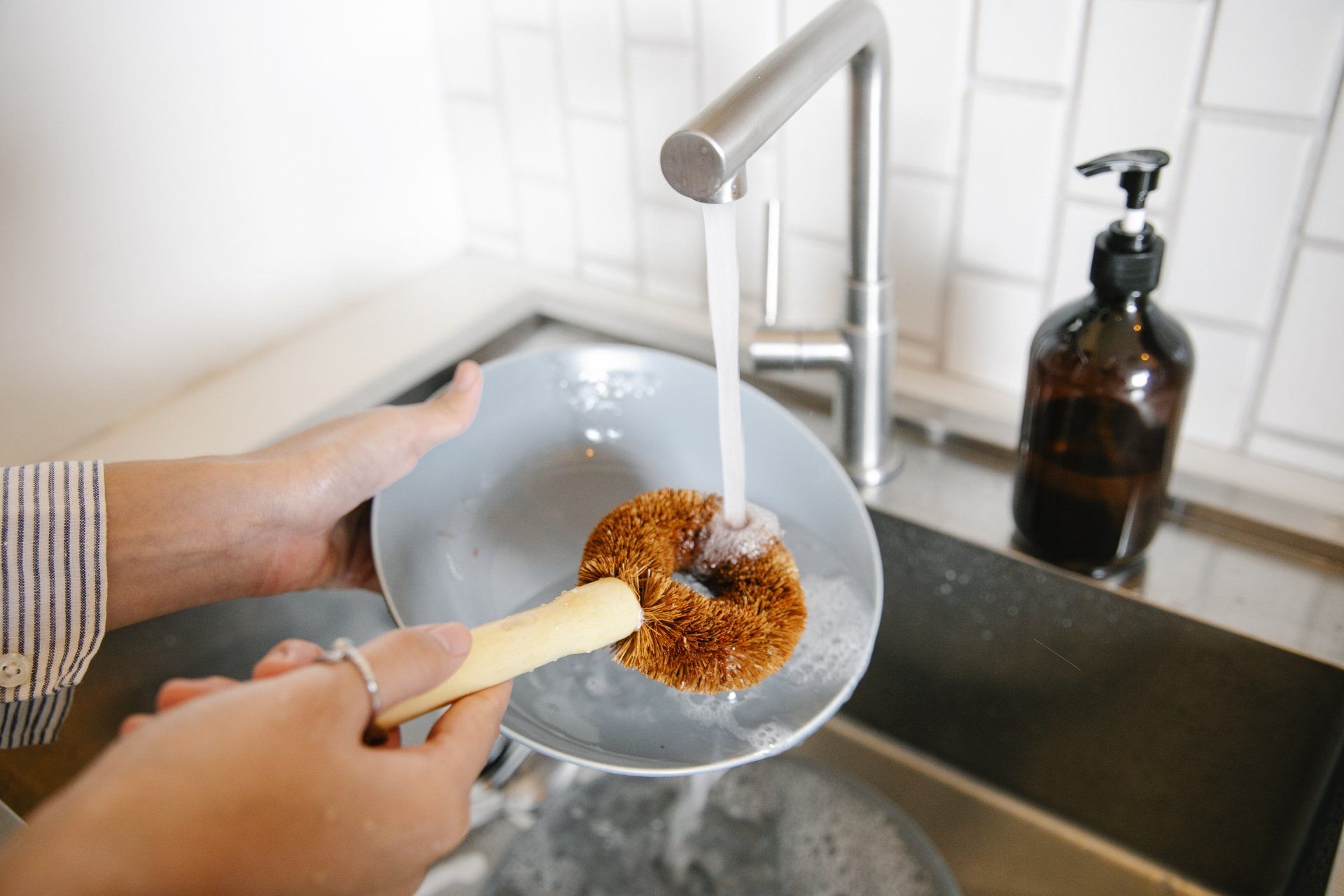Top 10 Things You Shouldn’t Put Down Your Sink Drains
Imagine a world without functioning sink drains—where water stubbornly refuses to flow, leaving dishes unwashed and daily tasks in disarray. It's a scenario we'd all rather avoid, yet many of us unknowingly contribute to drain woes by sending the wrong things down the pipes. In this guide, we'll shed light on the top 10 offenders that should never find their way into your sink drains. By steering clear of these common mistakes, you can safeguard your sinks, prevent frustrating clogs, and maintain a smoothly running household. Let's explore the simple steps to protect your sink and keep everything flowing seamlessly.
1. Cooking Oil and Grease
I know it's tempting to pour that leftover cooking oil or grease down the sink, but don't do it! As they cool, they can solidify and create nasty blockages in your pipes. Instead, let them cool in a container and toss them in the trash.
2. Coffee Grounds
Those coffee grounds might seem harmless, but they can clump together and form a gooey mess in your pipes. It's better to toss them in the trash or use them for composting.
3. Eggshells
Eggshells might look harmless, but they can stick to the sides of pipes and contribute to clogs. Dispose of them in the garbage or add them to your compost pile.
4. Pasta, Rice, and Bread
These starchy foods can swell and create serious clogs in your drains. Throw them in the trash instead of washing them down the sink.
5. Chemicals
Harsh chemicals like bleach and cleaners can damage your pipes and harm the environment. Always dispose of them properly according to local regulations.

6. Hair
Hair is a major culprit in drain clogs, especially in bathroom drains. Use drain covers to catch hair and toss it in the trash.
7. Non-Biodegradable Items
Things like paper towels, cotton balls, and sanitary products should never be flushed down the toilet or washed down the sink. They can cause serious blockages.
8. Bones and Food Scraps
Big food scraps like bones and fruit pits can get stuck in your pipes. Throw them in the trash or compost them instead.
9. Paint and Solvents
Pouring paint or solvents down the drain can damage pipes and pollute water sources. Take them to a hazardous waste collection site for disposal.
10.Medications
Flushing medications down the toilet can harm the environment. Take them to a pharmacy or designated disposal site for safe disposal.
Your sink drain does a big job quietly, keeping things clean and flowing smoothly in your kitchen or bathroom. But it can get cranky if we put the wrong stuff down it.
Being careful about what goes down your sink can save you from big problems later. Imagine no clogs when you're in a rush or no messy backups during family gatherings. Plus, it saves you money on repairs!
Taking care of your sink drain also helps keep your home clean and healthy. So, by paying attention to what you pour down there, you can avoid headaches and keep everything running smoothly for a long time.
You might also like


